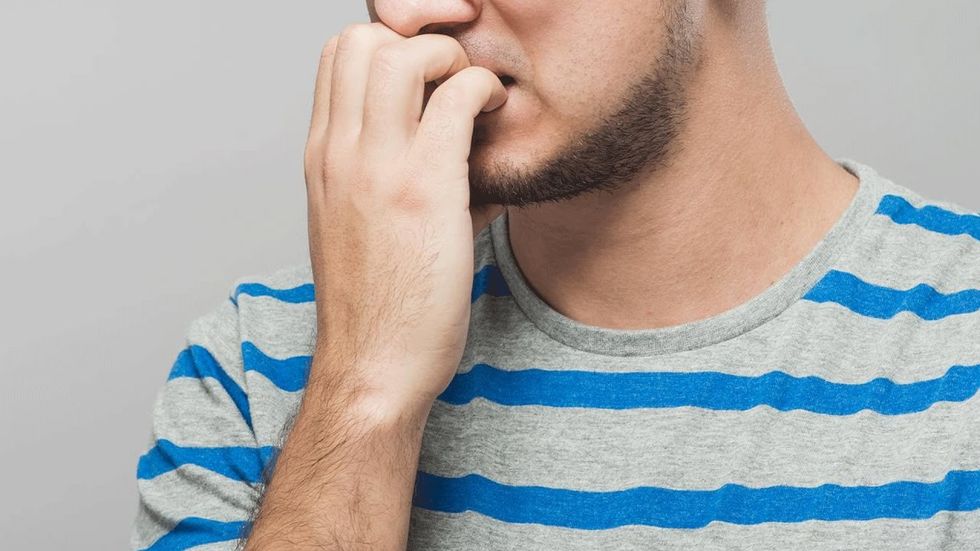A mental health condition characterized by compulsive behaviors and obsessive thoughts is defined as obsessive-compulsive disorder (OCD). It can affect children, women, and men of all ages. In most cases, it develops during adulthood, but some people may develop this condition around puberty. This condition can be very depressing and can interfere with your life significantly and the only way to keep it under control is through treatment.
Causes of OCD
While the exact cause of obsessive-compulsive disorder (OCD) remains unclear, there are various factors that can play an important role and they are listed below:
- Family History: It is said that people are more likely to develop OCD if someone in their family has it because it becomes a part of their genes.
- Differences in Brain Activity: Some people suffer from OCD because they have low levels of the chemical serotonin in their brain or there are areas of the brain that have unusually high activity.
- Personality: Meticulous, neat and methodical people who have high personal standards are more vulnerable to developing OCD. In addition, those people who have a strong sense of responsibility for themselves as well as others or those who tend to be anxious may develop OCD.
- Life Events: People who have suffered from abuse, neglect or bullying are more prone to OCD and it sometimes begins after an important life event such as bereavement or childbirth.
Symptoms of OCD
People who suffer from OCD will suffer from compulsive behaviors and obsessive thoughts frequently.
- An obsession is defined as an unpleasant and unwanted thought, urge or image that enters your mind repeatedly and causes a feeling of disgust, unease, and anxiety.
- A compulsion is defined as a repetitive mental act or behavior that you feel that you have to carry out in order to relieve any unpleasant feelings temporarily, which are typically brought about by obsessive thoughts.
Getting Help for OCD
Source: Greatist.com
People who are suffering from OCD do not seek treatment because they feel embarrassed and ashamed. However, it is essential to remember that there is no reason to feel that way because it is a health condition like any other. Just because you have OCD doesn’t mean that you are mad and it is absolutely not your fault that you have it. You can visit a GP and discuss your symptoms with them to get recommended to a psychological therapy service or you can consult a service on your own if you are familiar with one. There is no reason to feel guilty in seeking help when it starts interfering with your life.
Treatment of OCD
There are a number of effective treatments for OCD that can be immensely helpful in reducing the impact this disorder has on your life. The most beneficial ones are:
- Psychological Therapy: This is basically a kind of cognitive behavioral therapy (CBT), which is aimed at helping people in facing their obsessive thoughts and fair without satisfying them through compulsions.
- Medication: A specific type of antidepressant medication known as selective serotonin reuptake inhibitors (SSRIs) are used for the treatment of OCD because they alter the balance of chemicals in the brain.
CBT will show improvement in a very short period of time, especially when it is combined with medication. However, the problem with using medication is that it is addictive and can have a lot of side effects. Moreover, its effects are only temporary. Therefore, people who seek a more permanent and healthier solution can opt for CBD oil. It comprises of cannabinoids that have anti-compulsive effects and can relieve anxiety associated with obsessive behaviors in order to prevent compulsions.

















